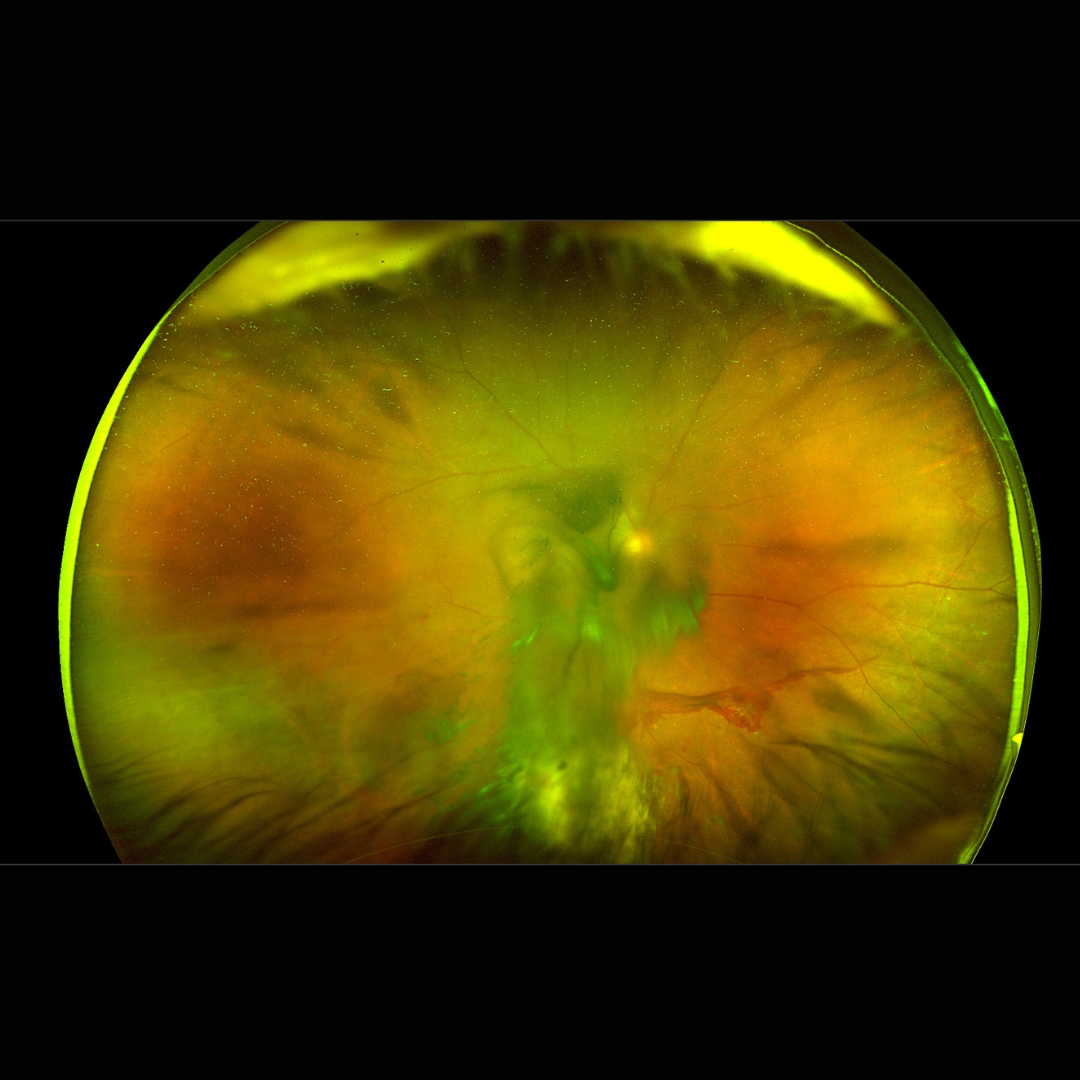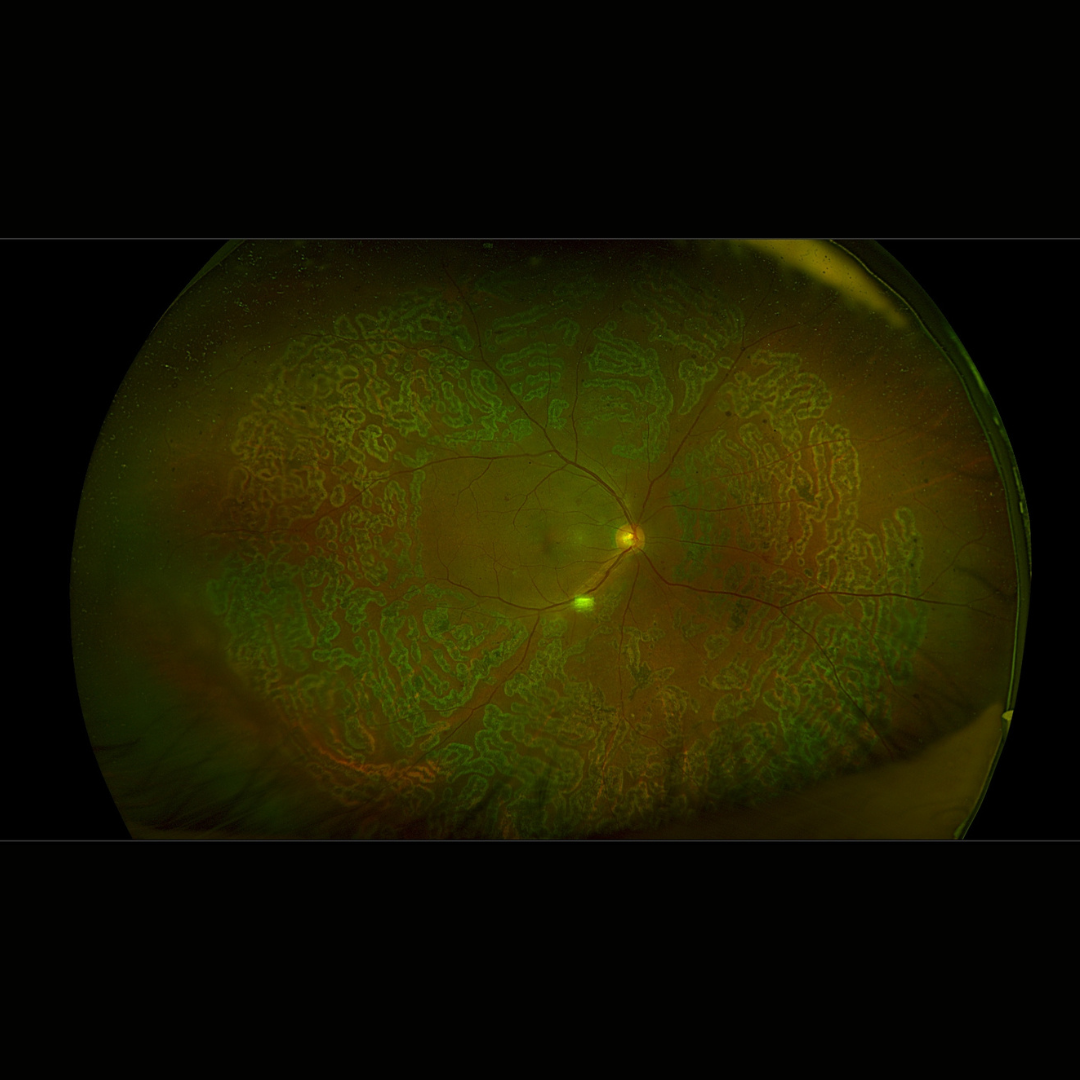Vitreous Hemorrhage or Opacities
Vitreous Hemorrhage or Opacities
Vitreous hemorrhage occurs when blood leaks into the vitreous gel of the eye, causing sudden visual obscurity. Opacities, such as floaters or debris in the vitreous, also impair visual clarity.
Procedure Overview
Dr. Lamba in Dubai employs cutting-edge techniques like
Diagnosis
Ultrasound imaging is used if the view is obstructed by blood.
Treatment: Vitrectomy Surgery
- Removes blood and debris from the vitreous.
- Repairs any underlying retinal damage.


Drag
Symptoms & Risks
Why Dr. Mandeep Lamba?
Your Trusted Retina Specialist in Dubai
With over 7,000 retina surgeries, Dr. Lamba’s mastery in managing complex retinal detachments has restored sight for patients across Dubai and surrounding regions. His commitment to meticulous surgical techniques ensures high success rates.
Expected Outcomes:
- Restoration of visual clarity.
- Prevention of further retinal complications.
Patient Support & Care:
- Monitoring for recurrence of hemorrhage.
- Management of underlying causes, such as diabetes or hypertension.

Frequently Asked Questions
What causes vitreous hemorrhage?
Common causes include diabetic retinopathy, retinal tears, trauma, or blood vessel abnormalities.
What are the symptoms of vitreous hemorrhage?
Sudden vision loss, floaters, or dark spots obstructing vision are common symptoms.
How is vitreous hemorrhage treated?
Vitrectomy surgery removes the blood and clears the vitreous to restore vision.
Can vitreous hemorrhage resolve without surgery?
Mild cases may resolve on their own, but persistent or severe hemorrhages typically require surgical intervention.
How soon can I resume activities after vitrectomy for hemorrhage?
Recovery varies, but most patients can resume normal activities within 2–4 weeks with proper precautions.
What are the risk factors for vitreous hemorrhage?
Risk factors for vitreous hemorrhage include diabetes, eye trauma, retinal tears, and certain vascular conditions like retinal vein occlusion.
